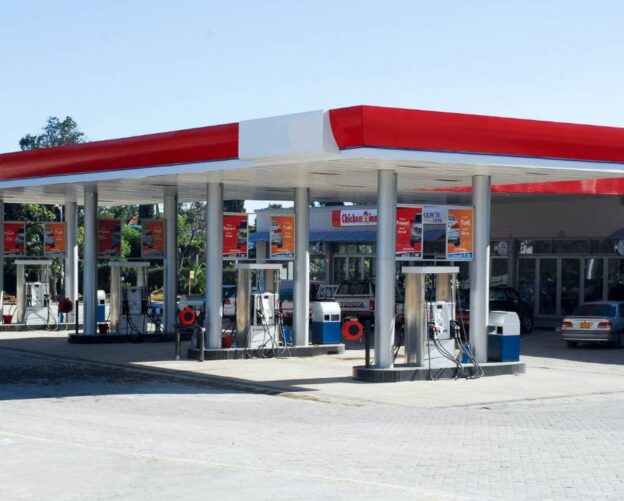We are very excited to offer a multifamily loan product that is perfect for purchases of multifamily properties.
Many purchasers of multifamily properties have renovation and improvement plans. Their goal is to improve the property and therefore increase the rental income as a value-add investment. If you are in a similar situation, this multifamily loan may be the perfect fit.
Cover Your Full Multifamily Loan Cost of Renovations
• Loan to Value vs. Loan to Cost: Loan-to-value (LTV) compares the loan amount to the expected market value of the completed project. On the other hand, loan-to-cost (LTC) compares the financing amount of a commercial real estate project to its costs. Lenders are typically limited to a maximum LTV/LTC or a a combination of both. However, this multifamily loan product will cover up to 100% of the renovation cost. This delivers a higher overall leverage for the borrower, while at the same time maintaining the desired total leverage parameters for the lender. Structuring the loan in this innovative way benefits borrowers and lenders alike.
• Why Should I Care about LTV/LTC ?The LTV value affects your rates and your collateralization needs. Lenders look at the total value of the property to determine how much money they are willing to loan. Getting to their sweet spot means more lenders want to offer financing. When we structure this loan and pitch your financing needs to our lending partners, they respond positively. They like the LTV and are willing to come in with extra financing for worthy renovation projects. Lenders are especially keen on renovations that will enhance future profitability and stabilize the property’s value.
• Call Us Before you make a Bid: If you can swing it, let us know at GRP Capital when you have your eye on a multifamily property. We can evaluate your financing needs. You will have a better sense of what type of financing you will be able to acquire. In this way, you can use the information prior to even making an opening bid on the property.
If you would like to discuss this multifamily loan product with us, feel free to contact our team. We can conduct a business evaluation, reach out to our lenders, offer advice on bidding and secure financing for you. An initial business evaluation is complimentary.










 Get Started
Get Started